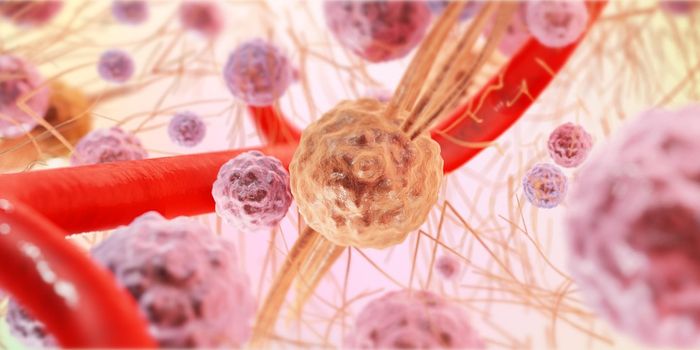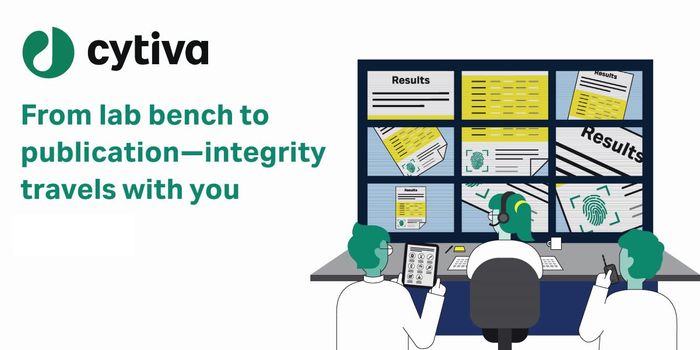First Adeno-Associated Virus Gene Therapy to be FDA Approved for Rare Retinal Disease
Voretigene neparvovec is an adeno-associated virus (AAV) gene therapy from Spark Therapeutics indicated for treatment of a rare inherited retinal disease, and is expected to be the first AAV gene therapy to be approved by the United States Food and Drug Administration. This is a major achievement as it is the first gene replacement therapy for an inherited disease in the United States. AAV is a small, replication defective virus capable of infecting humans but does not cause disease. For this reason, AAV vectors have been a very attractive and promising tool for gene therapy. AAV can get into host cells that are either dividing or not, and it integrates stably into the host genome more predictable than other types of viral vectors such as retroviruses.
AAV vectors have made it in to numerous clinical trials (~117) and is estimated to account for approximately 6% of all viral vector based gene therapy trials. It has shown promising in phase I and II clinical trials for the rare inherited eye disease known as Leber’s congenital amourosis, as well as for diseases such as congestive heart failure, spinal muscular atrophy, Alzheimer’s, Parkinson’s disease, and Cystic Fibrosis. None have yet been approved by the FDA for use in the clinic until now.
Spark Therapeutics is a company based out of Philadelphia, PA which originated at Children’s Hospital of Philadelphia. Their AAV gene therapy voretigene neparvovec, trade name Luxturna, began clinical trials a decade ago in 2007. Essentially, this viral vector acts to deliver cDNA encoding a functional copy of RPE65 which is a human retinal pigment epithelium-specific protein found to be mutated in patients with retinal dystrophy. The RPE65 protein is an enzyme important for healthy vision and when mutated will eventually lead to total blindness. In the phase III clinical trial for Luxturna, 20 subjects with biallelic mutations in RPE65 were treated with the AAV gene therapy and compared to 9 untreated control subjects. 13 of the 10 subjects saw marked improvement. Positive effects seen within the first 30 days were maintained years later. After these findings were published in the journal, The Lancet in 2017, Luxturna receieved a unanimous vote of approval from an advisory committee to the FDA to approve this therapy for this disease.
This represents a major achievement in the field of viral gene delivery for therapeutics, and several more therapies of this class that are currently in clinical trials are expected to emerge in the near future. This also demonstrates high promise to continue to develop new viral gene therapies. See video below for further explanation of AAV viral vector gene delivery.
Sources: Nature Biotechnology, Wikipedia, Pixabay, UniQure, YouTube.









